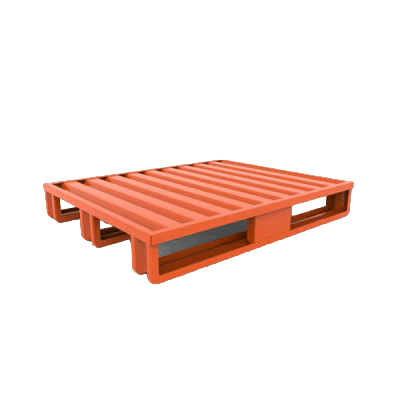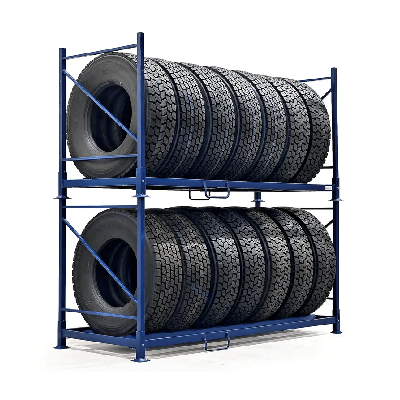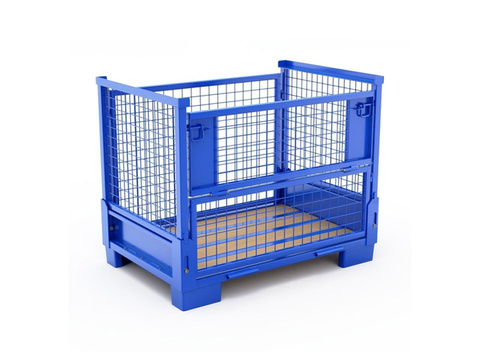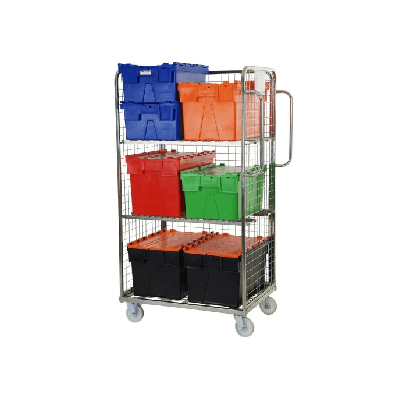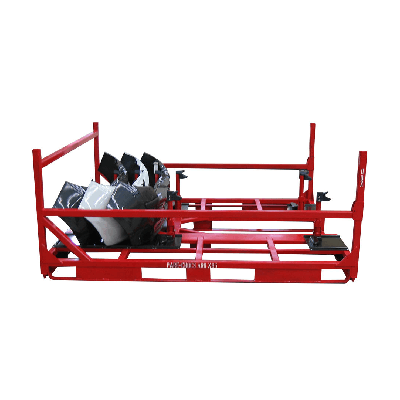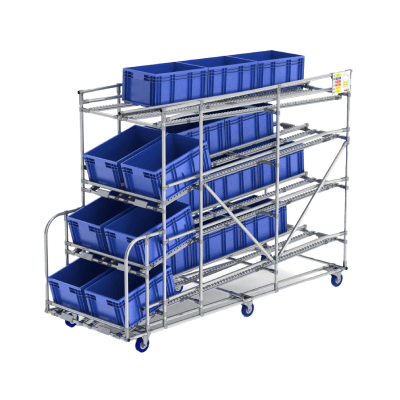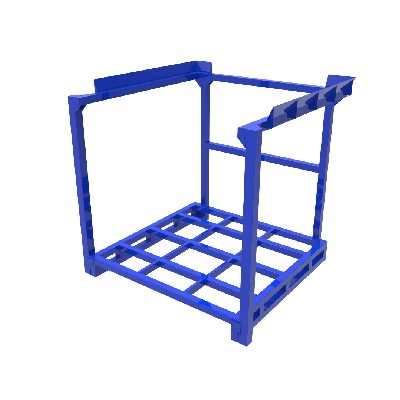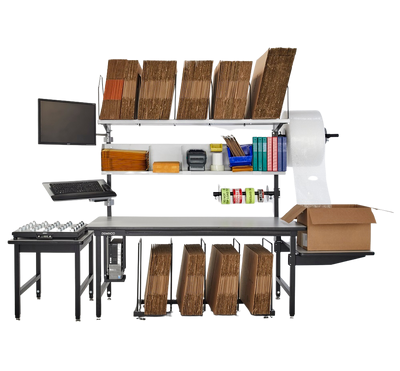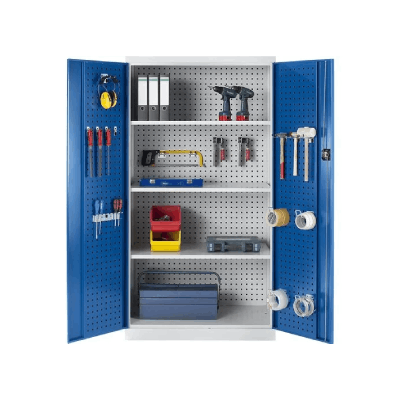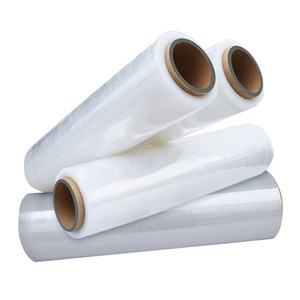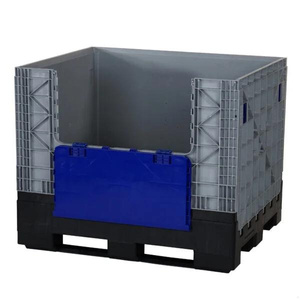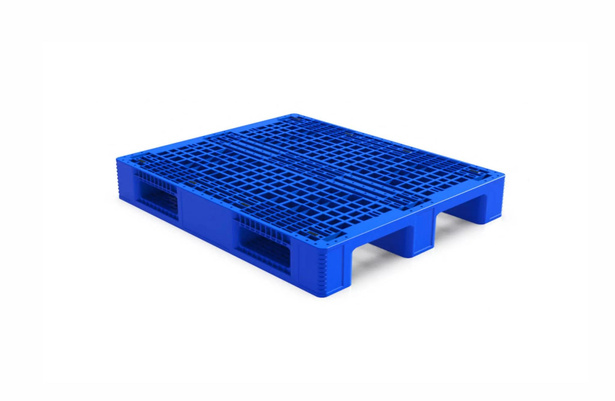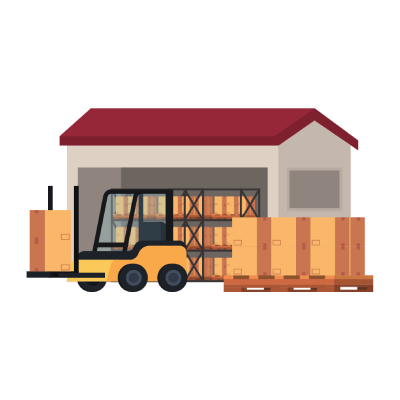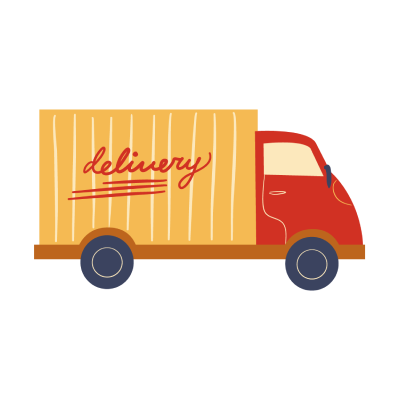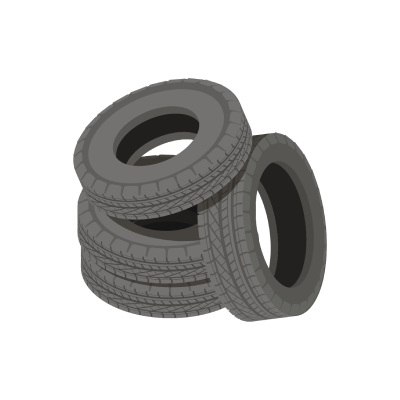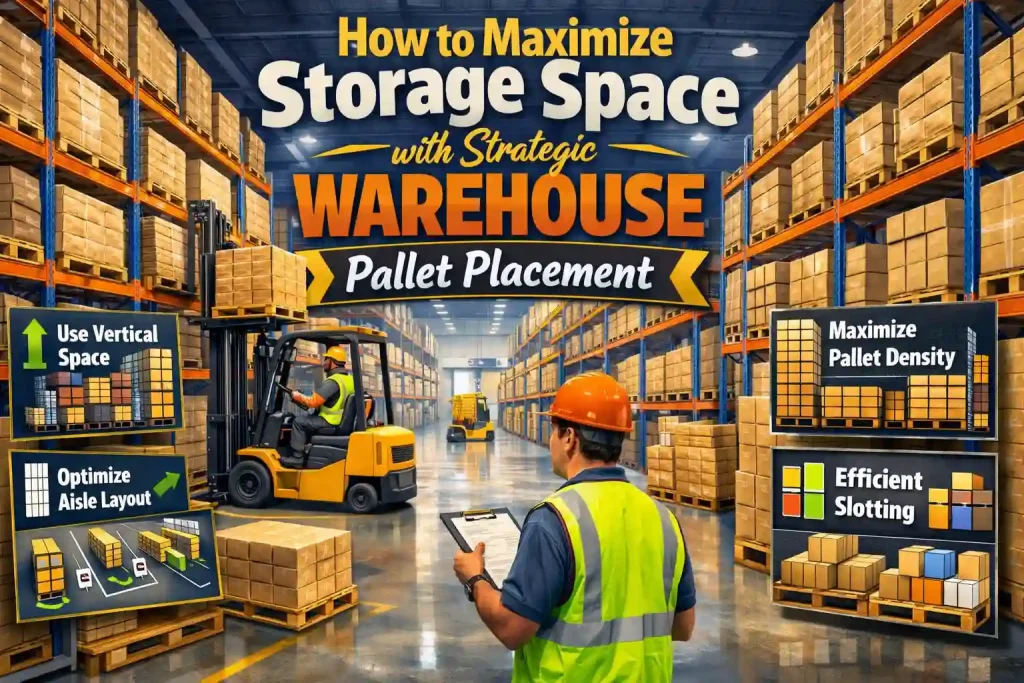In today’s dynamic warehousing and logistics sectors, the quest for operational efficiency is paramount. Businesses are constantly exploring ways to streamline their operations, reduce costs, and enhance productivity. One often overlooked yet highly effective solution is opting for stillage on rent . This blog will delve into the numerous advantages of renting stillage, how it can transform warehousing practices, and why it might be the ideal choice for your business.
Table of Contents
ToggleUnderstanding Stillage: A Quick Overview
Before diving into the benefits, let’s clarify what stillage is. Stillage, often called storage stillage, is a type of industrial storage equipment designed to securely hold and transport goods. Typically constructed from durable materials such as metal or plastic, stillages come in various sizes and configurations to accommodate different types of goods. They are particularly useful in warehouses for managing bulk items and ensuring efficient space utilization.
The Rise of Renting Stillage
In the past, companies often purchased stillage outright, which involved a significant upfront investment. However, with the rise of flexible business models and a focus on cost efficiency, renting stillage has become an increasingly popular option. This shift reflects broader trends in asset management and operational flexibility, allowing businesses to adapt to changing needs without committing to long-term investments.
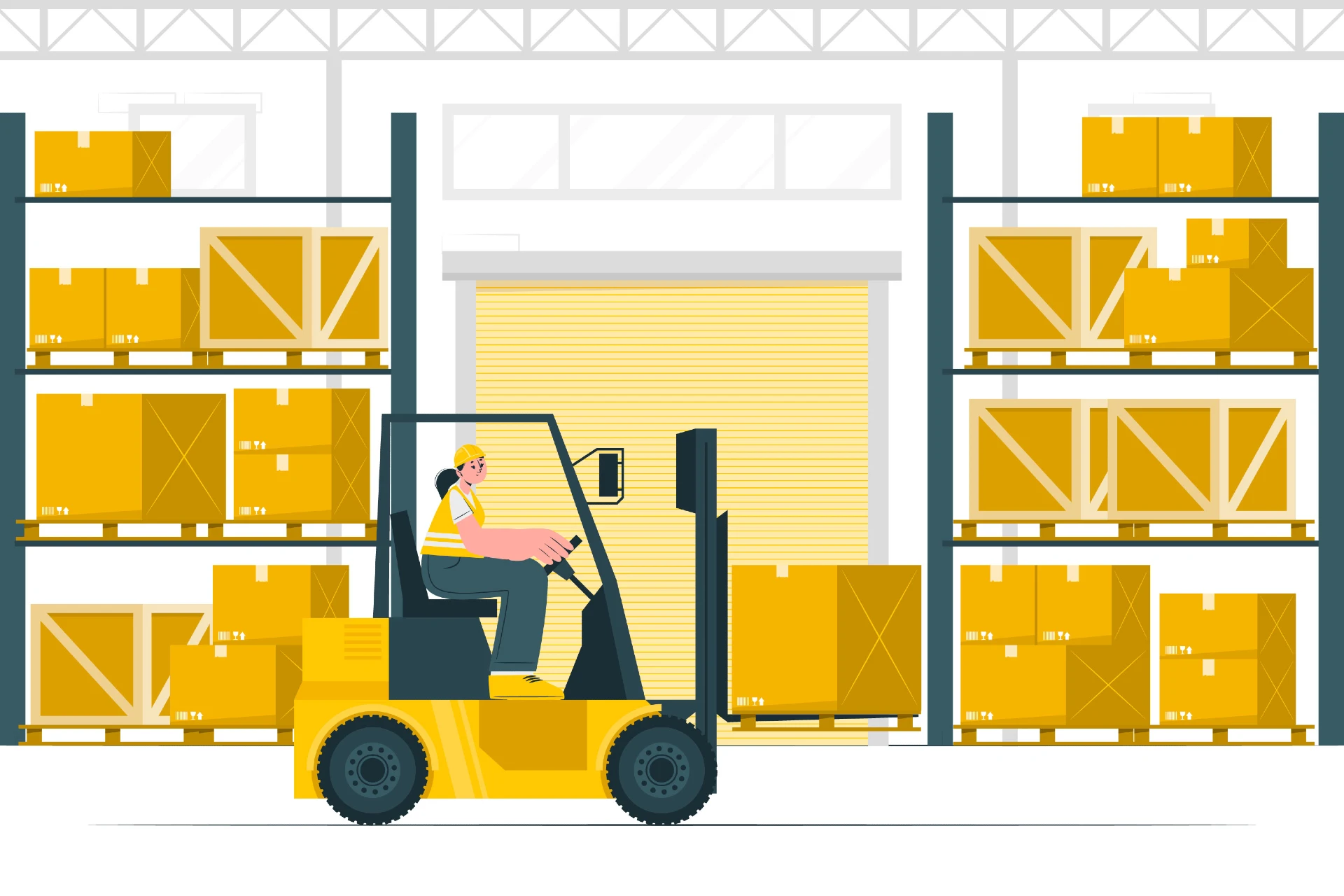
Key Benefits of Stillage on Rent
1. Cost Efficiency
One of the most compelling reasons to opt for stillage on rent is cost efficiency. Purchasing stillage involves substantial capital expenditure, which may not always be feasible for businesses, especially smaller ones or those with fluctuating storage needs. Renting stillage eliminates the need for a significant upfront investment and often includes maintenance and replacement costs within the rental agreement. This pay-as-you-go model allows businesses to manage their cash flow more effectively and allocate resources to other critical areas.
2. Flexibility and Scalability
Warehousing needs can fluctuate due to seasonal demands, business growth, or inventory changes. Renting stillage offers unparalleled flexibility and scalability. Businesses can easily adjust the quantity and type of stillage based on their current requirements. For instance, during peak seasons, a company might need additional stillage to manage increased inventory, while during quieter periods, they can scale down their rental agreement. This versatility enables firms to remain nimble and reactive to market developments.
3. Reduced Maintenance and Storage Costs
Owning stillage comes with the responsibility of maintaining and storing it when not in use. This includes regular inspections, repairs, and finding adequate storage space, which can be both time-consuming and costly. Renting stillage typically includes maintenance services as part of the rental agreement, relieving businesses of these responsibilities. Additionally, since rented stillage is returned when no longer needed, companies do not have to worry about the costs associated with storing unused equipment.
4. Access to the Latest Technology
As technology advances, so do the designs and functionalities of stillage. By renting stillages, businesses gain access to the latest equipment and innovations without having to purchase new units every few years. Rental providers often offer state-of-the-art stillage solutions with enhanced features such as better durability, improved ergonomics, and advanced safety mechanisms. This ensures that businesses can operate with the most efficient and up-to-date equipment available.
5. Simplified Logistics and Operations
Renting stillage can streamline logistics and operational processes. Rental companies typically handle the logistics of delivering and picking up stillages, which reduces the burden on in-house teams. This service can be particularly beneficial for businesses with multiple locations or those requiring frequent changes in equipment. By outsourcing these logistics, companies can focus more on core operations and strategic tasks, leading to improved overall efficiency.
6. Risk Management
Renting stillage also helps manage risks associated with equipment ownership. If purchased stillages become obsolete or unsuitable due to changes in business needs, the company may face financial losses from the unused equipment. Renting mitigates this risk by allowing businesses to easily swap out or return stillage that no longer fits their requirements. Additionally, most rental agreements include insurance coverage, providing an added layer of protection against damage or loss.
7. Environmental Considerations
Sustainability is an important factor in modern business practices. Renting stillage contributes to environmental sustainability by promoting the reuse of equipment. Rental companies often maintain and refurbish stillage to ensure its longevity, reducing the need for new manufacturing and minimizing waste. By opting for stillage on rent, businesses can align their practices with eco-friendly initiatives and contribute to a circular economy.
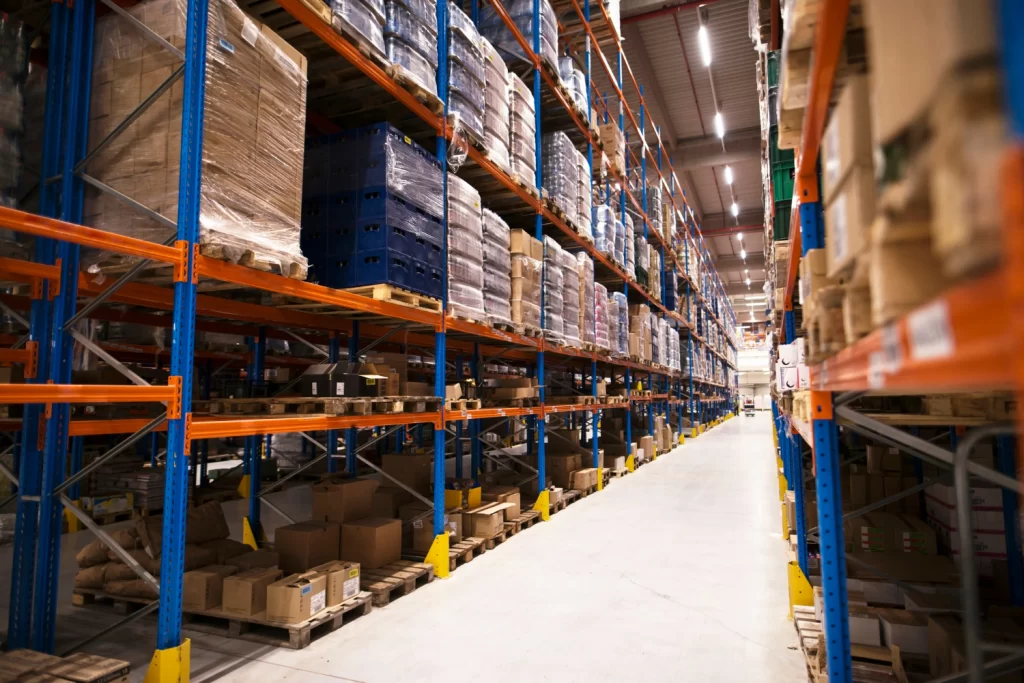
How to Choose the Right Stillage Rental Provider:-
Selecting the right rental provider is crucial to maximizing the benefits of stillage on rent. Here are some factors to consider when choosing a provider:
1. Reputation and Experience
Look for a rental provider with a strong reputation and extensive experience in the industry. A reputable provider is more likely to offer high-quality equipment and reliable services.
2. Range of Equipment
Ensure the provider offers a diverse range of stillage options to meet your specific needs. The ability to choose from various types and sizes of stillage ensures that you can find the perfect solution for your warehousing requirements.
3. Flexibility and Terms
Review the rental terms and conditions to ensure they align with your business needs. Look for flexible rental agreements that allow you to adjust quantities or return equipment as needed.
4. Customer Support
Good customer support is essential for resolving any issues or concerns that may arise. Choose a provider known for responsive and helpful customer service.
5. Cost and Value
Compare rental costs and evaluate the value provided. Consider factors such as maintenance, delivery, and any additional services included in the rental agreement.
Real-World Examples: Success Stories with Stillage on Rent
1. E-commerce Retailer
An e-commerce retailer experienced significant seasonal fluctuations in inventory. By renting stillage, the retailer was able to easily scale up during peak seasons and scale down during off-peak periods, leading to improved inventory management and cost savings.
2. Manufacturing Company
A manufacturing company needed to transport bulk materials across multiple locations. Renting stillage allowed the company to access high-quality, durable equipment without capital investment, improving efficiency and reducing logistics costs.
3. Food Distribution Business
A food distribution business requires specialized stillage to comply with hygiene regulations. Renting stillage with specific features, such as easy-to-clean surfaces, ensured compliance and operational efficiency while avoiding the costs of purchasing and maintaining specialized equipment.
Conclusion
In the realm of warehousing and logistics, stillage on rent offers a multitude of benefits that can significantly enhance operational efficiency. From cost savings and flexibility to reduced maintenance and access to the latest technology, renting stillage provides a strategic advantage for businesses looking to optimize their storage and handling processes. By choosing stillage on rent, companies can stay agile, manage risks effectively, and contribute to sustainability efforts.
For those seeking reliable stillage rental solutions, Kole Global stands out as a leading provider offering a wide range of high-quality equipment and exceptional service. Whether you’re looking to streamline your warehousing operations or adapt to changing needs, Kole Global can help you achieve your goals with ease and efficiency.
Frequently Asked Questions:-
1) What is stillage, and how is it used in warehousing?
- Stillage is a type of industrial storage equipment designed to securely hold and transport goods. Typically made from durable materials like metal or plastic, stillage comes in various sizes and configurations to suit different storage needs. In warehousing, stillage plays a crucial role in managing bulk items and optimizing space. It helps organize inventory efficiently and streamlines the movement of goods within the warehouse, making overall operations more effective.
2) What are the benefits of renting stillage compared to purchasing it?
- Renting stillage provides several advantages over purchasing it. One major benefit is cost efficiency, as renting avoids the substantial upfront investment required to buy stillage. Additionally, renting offers flexibility and scalability, allowing businesses to adjust the quantity and type of stillage based on changing needs. Maintenance costs are often included in rental agreements, reducing the burden on your team. Renting also provides access to the latest technology without frequent purchases, and it mitigates the risk of owning outdated or unnecessary equipment.
3) How do I choose the right stillage rental provider?
- When selecting a stillage rental provider, consider several factors to ensure you make the best choice. Start by evaluating the provider’s reputation and experience in the industry. It’s important to choose a company with a strong track record and expertise. Additionally, check if the provider offers a variety of stillage options to meet your specific needs. Review the flexibility and terms of their rental agreements to ensure they align with your requirements. Good customer support is also essential, so opt for a provider known for responsive and helpful service. Finally, compare rental costs and assess the overall value, including any maintenance or additional services provided.
4) Can I customize the stillage to fit my specific needs?
- Many stillage rental providers offer customization options to meet specific needs. This means you can request stillage with particular sizes, configurations, or features tailored to your inventory and handling requirements. It’s a good idea to discuss your needs with the rental provider to explore available customization options and ensure that the stillage you rent aligns perfectly with your operational demands.
5) What should I do if the rented stillage gets damaged?
- If the rented stillage becomes damaged, it’s important to report the issue to your rental provider as soon as possible. Most rental agreements include maintenance and repair services, so the provider will typically handle repairs or replacements according to the agreement’s terms. Following the reporting procedures outlined in your rental contract ensures a smooth resolution. Additionally, many rental agreements come with insurance coverage for damages, which can help manage associated costs.

